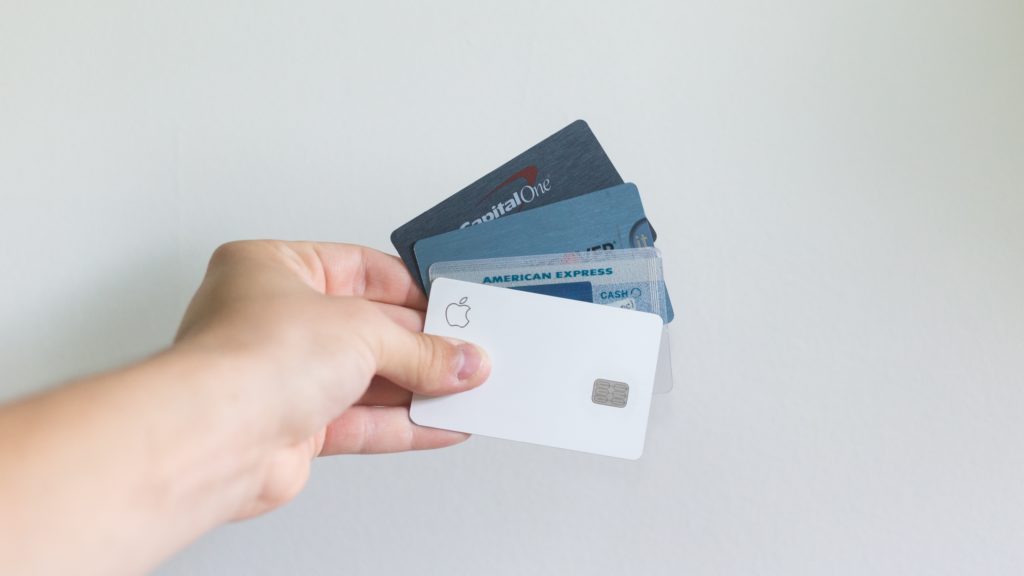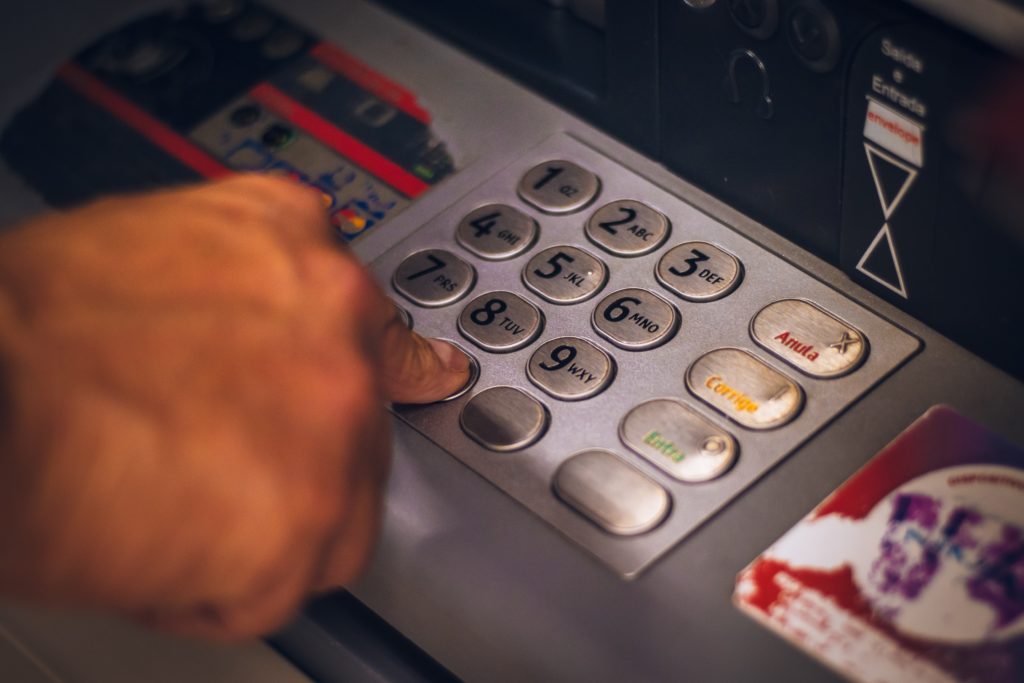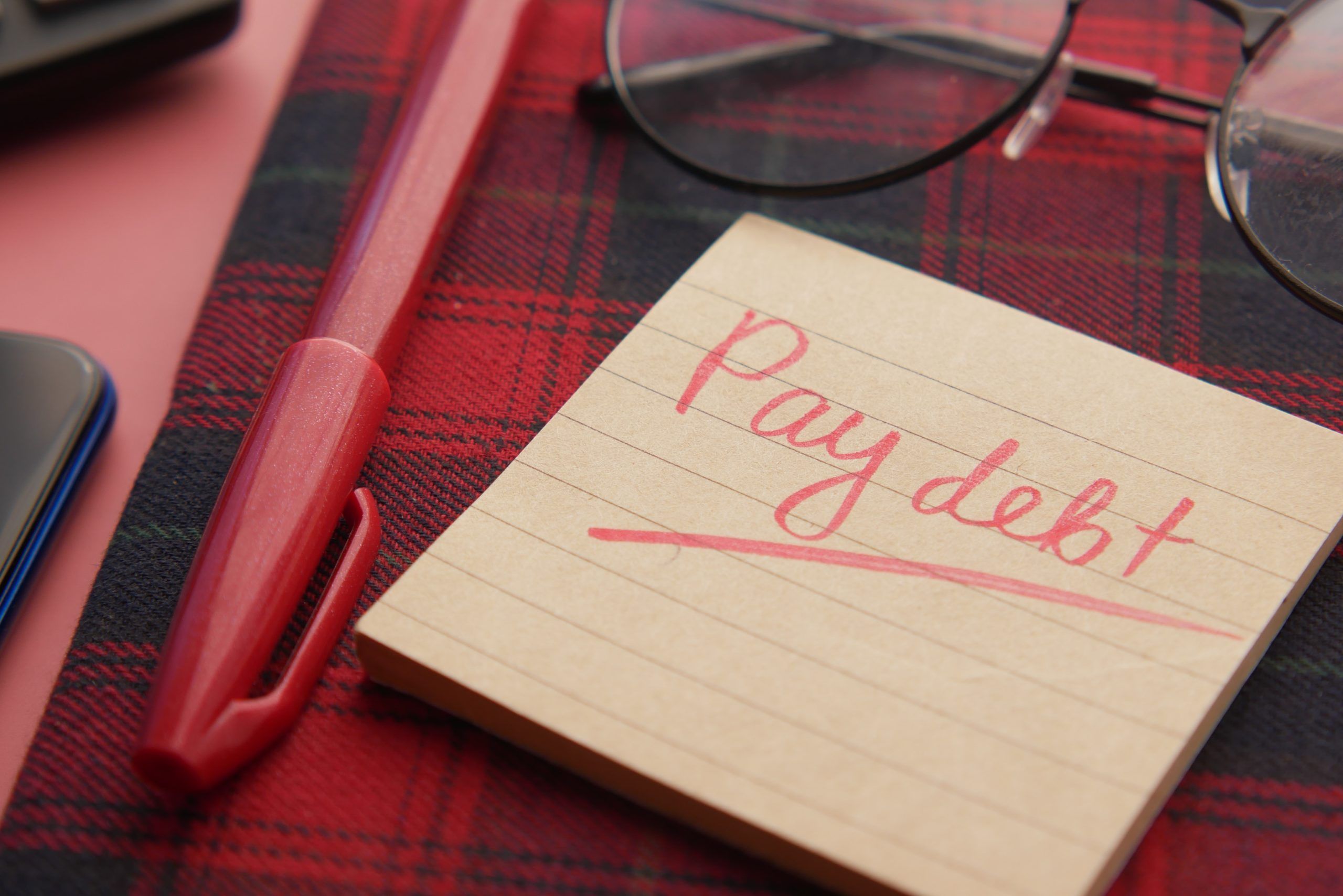How To Clear Council Tax Debt
If you are in a difficult financial position and you are unable to make your council tax payments on time, you will end up in arrears. You still owe the money for the missed payments to the council on top of any future payments. So, it is easy to quickly build up significant council tax debts if you cannot afford to pay. There comes a point when the council will take action to collect the debt and if you fail to pay, there could be serious consequences, including criminal prosecution in some cases.
Fortunately, there are ways to manage the situation and either clear the debt or have a portion of it written off so you can pay the rest. This guide will outline the different options available to you and help you clear council tax debt before it gets worse.
Dealing With Council Tax Debt

What Are The Consequences Of Not Paying Council Tax?
Failing to pay your council tax debts can lead to serious consequences. The severity of the action that the council takes depends on how much you owe and how long you have held the debt for. Potential consequences include:
- County Court Judgements
- Bailiffs arriving at your home
- Repossession of your assets
- Prison sentences in the case of continuous missed payments
These are the most drastic consequences of failing to pay council tax, but you will be given options before these steps are taken. When you first miss a payment, the council will send you a reminder within two weeks. You will be given seven days to pay and if you make the payment on time, no further action will be taken.
However, if you fail to pay after being sent a reminder, you will then receive a final notice. This gives you another seven days to pay. If this is your third missed payment within a year, you will get a final notice immediately without a reminder first.
Continued failure to pay will lead to more serious consequences like those discussed above. At this stage, the council may take you to court and take out a Council Tax Liability Order against you. The court will order you to pay the full amount and give the council the right to apply to send bailiffs who can seek to take control of your assets to repay the debt. You will also have to pay the court fees, so your debt is increased. But you can avoid this if you settle the debt before your court date.
As well as sending bailiffs to collect the debt, the council can also take money from your paycheck or benefits including:
- Universal Credit
- Employment and Support Allowance
- Pension Credit
- Jobseeker’s Allowance
- Income Support
The money will be deducted automatically and you will be unable to avoid this unless you can find another way to pay. If the deductions will make it difficult to pay other bills, you can discuss this with the council and they may agree to take a reduced amount so you can avoid further financial difficulty.
In certain circumstances, you can be sent to prison for not paying your council tax. If you are in legitimate financial difficulty and there is no way that you can afford to pay the debt, it is very unlikely that you will be sent to prison. However, if you refuse to pay and the court decides that you do not have a good reason for failing to pay, you can be put in prison for up to three months.
A single missed payment can usually be dealt with easily, but if you are in a difficult financial position and you build up significant council tax arrears, the situation can quickly spiral out of control. That’s why it’s important to take action sooner rather than later.
How To Deal With Council Tax Arrears

1. Do not ignore your debt
The worst thing you can do is ignore your debt and hope that it goes away because it won’t. When you miss a payment, you should contact the council immediately, before they’ve even sent you a reminder. There are options to help you manage your council tax bill and avoid further missed payments in the future and the quicker you put measures in place, the easier it is to avoid council tax arrears.
Call your council and inform them that you have missed the payment as you are unable to afford it. Ask them about payment holidays or payment plans. Many councils will give you a break from payments or agree to a reduced monthly payment with you if you cannot afford to pay. This allows you to continue paying, and the council are aware of the situation so they will not take further action against you.
There is also additional help available to you and it’s important to claim everything you are entitled to. We will discuss this in more detail later.
2. Figure out what you can repay
When you are already in arrears and you cannot afford to repay the full amount, you should still offer to pay a percentage of the debt. By paying off a portion of the debt, you can delay further action and give yourself more time to get your finances in order. So, you need to figure out what you can realistically afford to repay. This is also important if you are trying to negotiate a reduced monthly payment with the council.
Make a detailed budget with your income and all of your outgoings. Make sure that you include all small bills like subscriptions as well as your main utility bills. This will give you a clear idea of how much money you have left each month after making all of your essential payments. You can then use this figure to make an offer to the council. When determining how much you can afford to pay, make sure that you have accounted for all outgoings and don’t put yourself in more financial difficulty by offering to pay too much.
The aim is to be able to pay off as much of the council tax debt as possible while also maintaining your other financial responsibilities and avoiding further missed payments in the future.
3. Apply for everything that you are entitled to
You can apply for assistance if you are having difficulty with your council tax bills. As discussed earlier, you can ask the council for a payment holiday or reduced payment plan. If you are on a low income, you can also apply for a council tax reduction (CTR). This is a long-term reduction in your council tax bill so it is more affordable. Every council has their own system for taking applications and granting reductions, so you will need to get in touch with your council and find out about the process. However, they usually consider the same factors when making their decision:
- Your household income – this includes every adult in the household and all benefits you claim.
- Your circumstances – whether you rent or own the house, if you have children, etc.
- The area that you live in.
You are not guaranteed to be granted a CTR, but you should always apply because it can make things more manageable. Depending on your income, you may be entitled to up to 100% off your council tax.
Certain groups are exempt from council tax in the first place, so make sure to check this too. Exempt groups include:
- Under 18s
- Students (including apprentices and nurses)
- People with a severe mental impairment
- Live-in carers (as long as the person you care for is not a spouse, partner, or child under 18)
- Diplomats
- Recipients of money from the Education and Skills Funding Agency (as long as they are under 25)
If you or somebody in your household falls into one of these categories, you may not have to pay council tax at all, or you may be eligible for a partial reduction.
There are also income support programmes in place for people that are struggling financially. If you are unable to afford your bills, see whether you are eligible for Universal Credit, Child Benefit, Child Tax Credit, and Housing Benefit, as well as a CTR.
Many people find themselves in council tax arrears because they have not claimed all of the financial assistance that they are entitled to. With a bit of extra help, you may be able to avoid the situation in the first place.
4. Apply for an IVA
Council tax arrears can quickly build up and if you are unable to repay them, you need to explore debt management solutions. An IVA (Individual Voluntary Arrangement) is one of the options for dealing with council tax debt.
An Insolvency Practitioner will assess your finances and determine how much you can afford to pay each month. They will then make an offer to your creditors and, in most cases, negotiate a portion of the debt to be written off. If your creditors agree to the IVA, you can start making monthly payments. Ordinarily, you will pay the debt over a period of five to six years, after which you will be debt free. During your IVA, you are also protected against further action, including bailiffs.
Still Need Help With Council Tax Arrears?
If you are having difficulty with council tax arrears, Swift Debt Help can give you the advice you need. Our experts will discuss different debt management solutions with you and guide you through the process, so you can be debt free. Fill out the contact form below and we will get back to you soon.
Request a Debt Assessment
Disclaimer: For guidance only. Financial information entered must be accurate and would require verification. Other factors will influence your most suitable debt solution.
